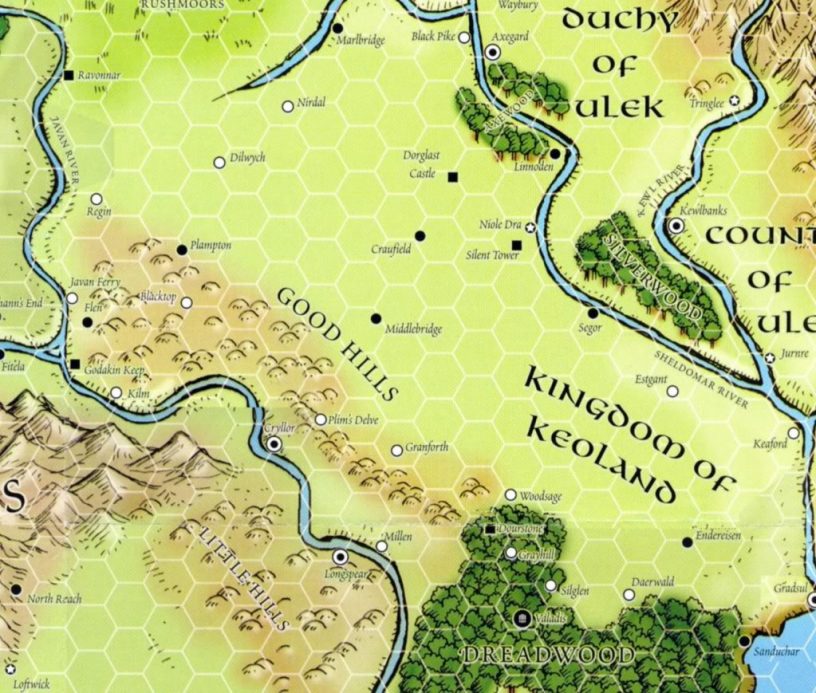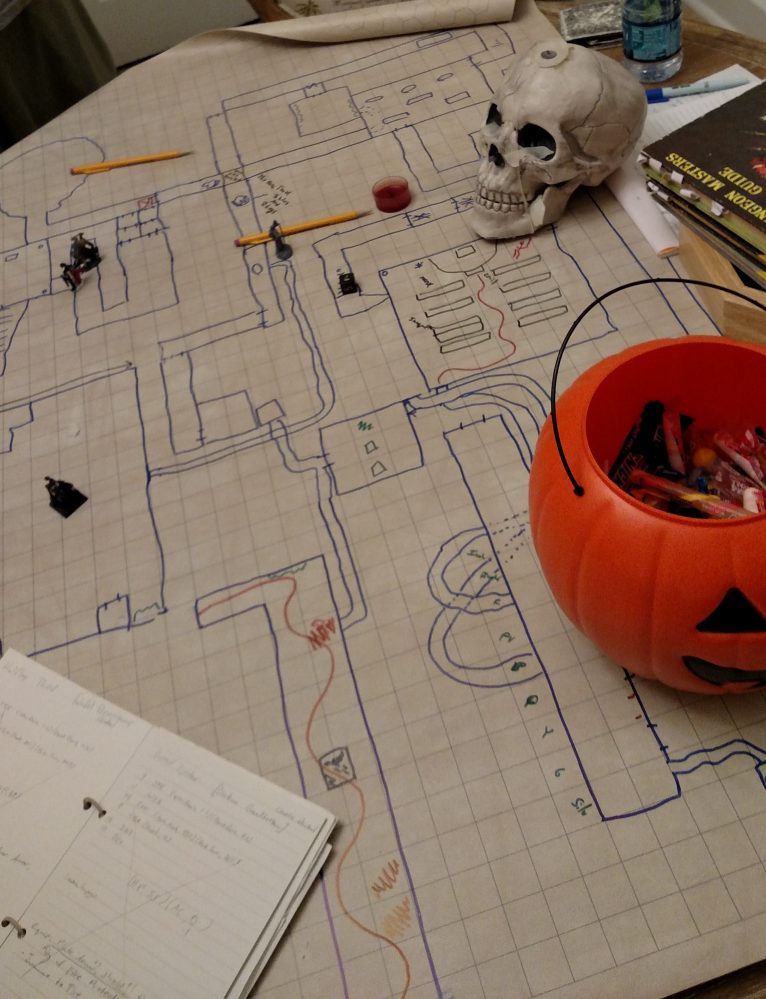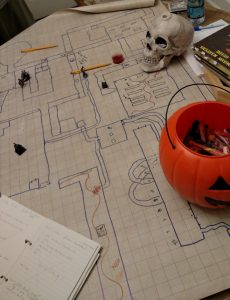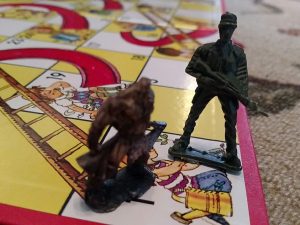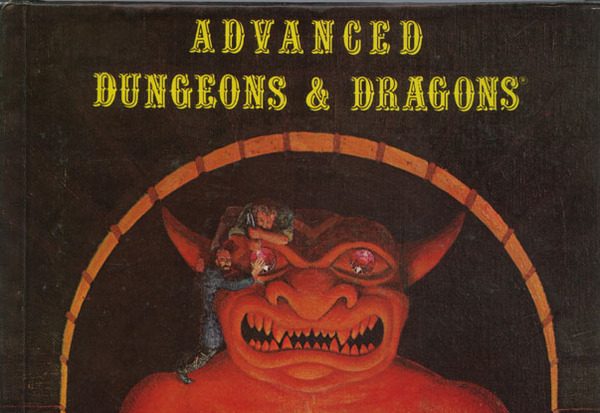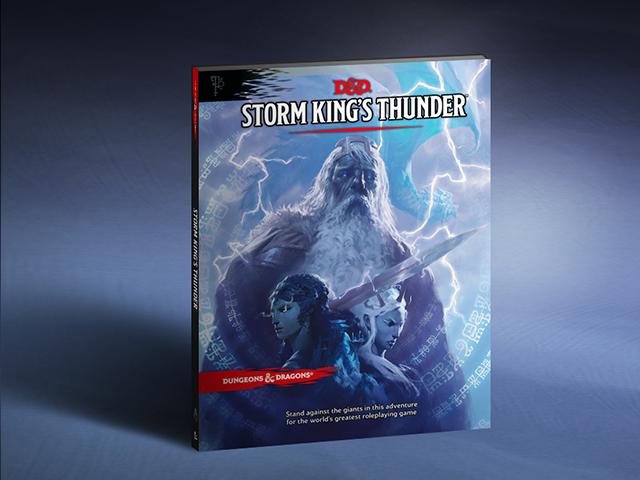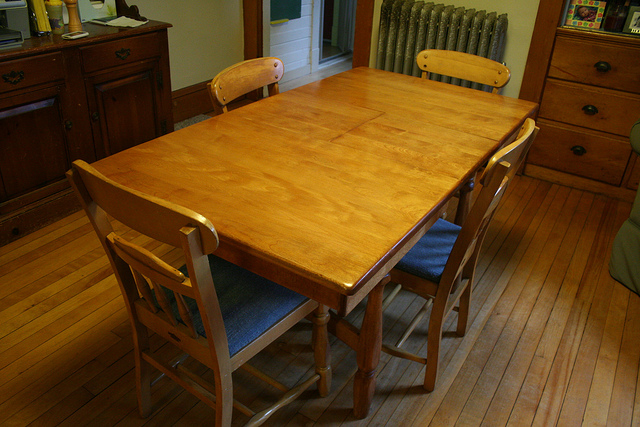After over a year of playing Advanced Dungeons & Dragons (first edition), I’ve had some really great gaming moments. But I’ve also had to deal with reality. Eventually nostalgia wears off and you realize why there were later editions of D&D. Now don’t get me wrong! AD&D is proving to be my favorite RPG! But that doesn’t mean there aren’t some challenges along the way.
When it comes to AD&D modules, I’ve realized one distinct challenge paralleled by a remarkable beauty. The challenge is this: AD&D modules are very dense. They are (by and large) not easy to read. Meanwhile I picked up Storm King’s Thunder for fifth edition and it was like reading a novel! Not so with AD&D modules. I’ve tried to read them “for fun” and it’s often not fun. I read them, because I want to play the game. As a DM, it’s the work I put in to have a successful, enjoyable gaming experience. But I won’t call reading them fun. That said, I did cackle with evil glee while reading Tomb of Horrors. More on that next week…
That’s the challenge. Just getting through them takes time and real focus. But! There’s one thing that I find consistently effective and beautiful in these modules–and it flows from their density! It’s this: AD&D modules cultivate “living” settings that players can expand and own. Many modern modules do the same thing, but I think we can learn a lot from these OSR modules and how they create living settings that allow players to shape them and make them their own.
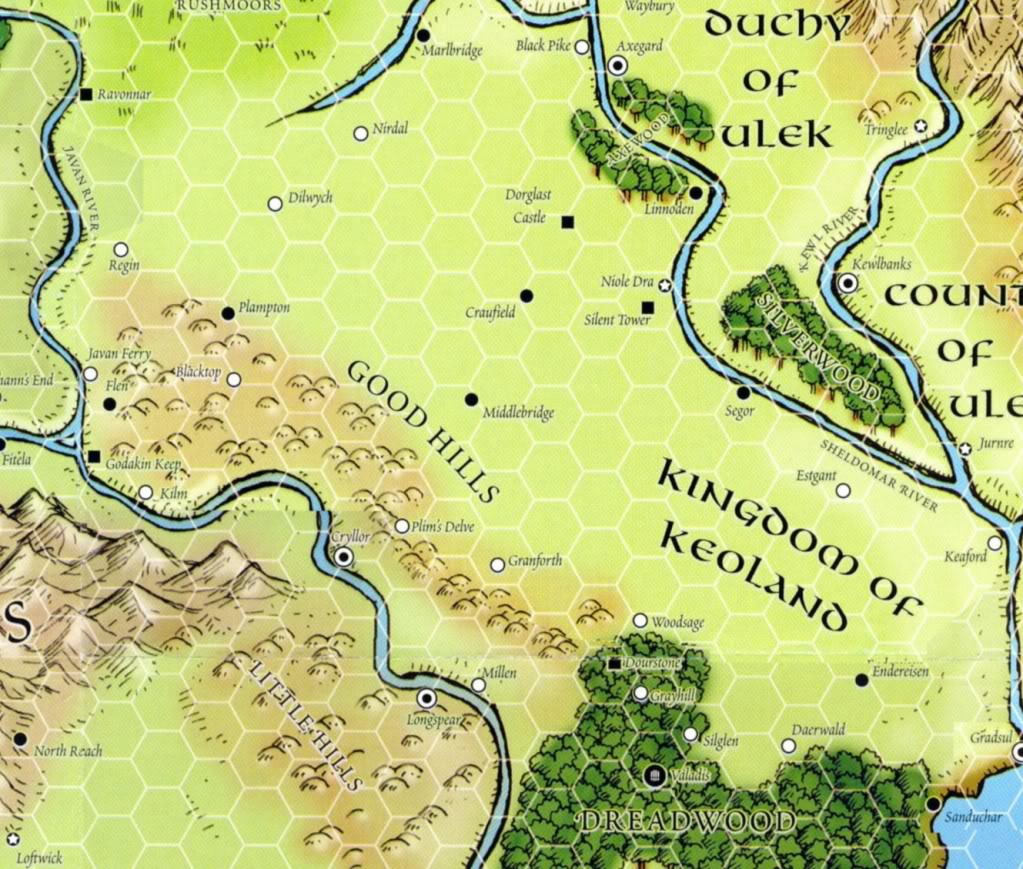
As a GM, I know that you want to have a vibrant, engaging setting for your players to enjoy. But where to start? Creating a compelling setting is hard. Trust me, I know! My players have visited plenty of non-descript vanilla villages throughout their years of adventure. But things have changed in my AD&D experience. My players are now wanting their characters to take up residence in a local village, shaping it into their own place. Where did that come from? I’m convinced it’s one of the strengths of these AD&D modules.
Thus, regardless of what game system you’re playing, I think you can benefit from picking up one of these OSR modules and giving it a read. Here’s how you can get the benefit out of them:
Continue reading →



